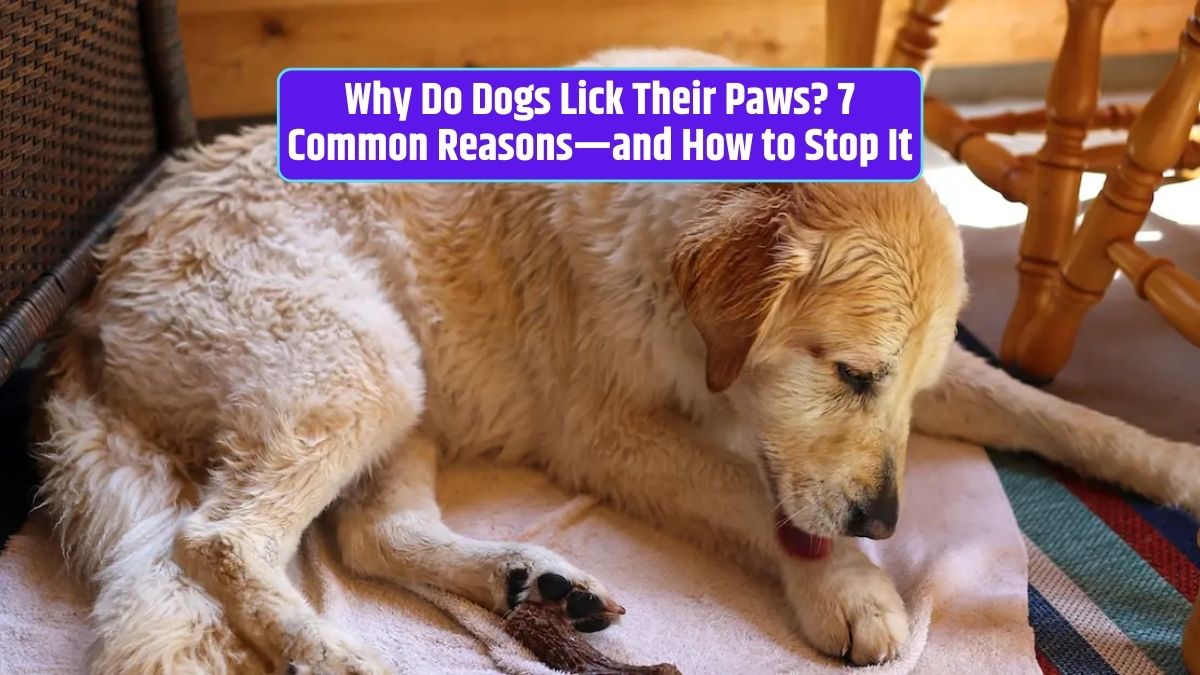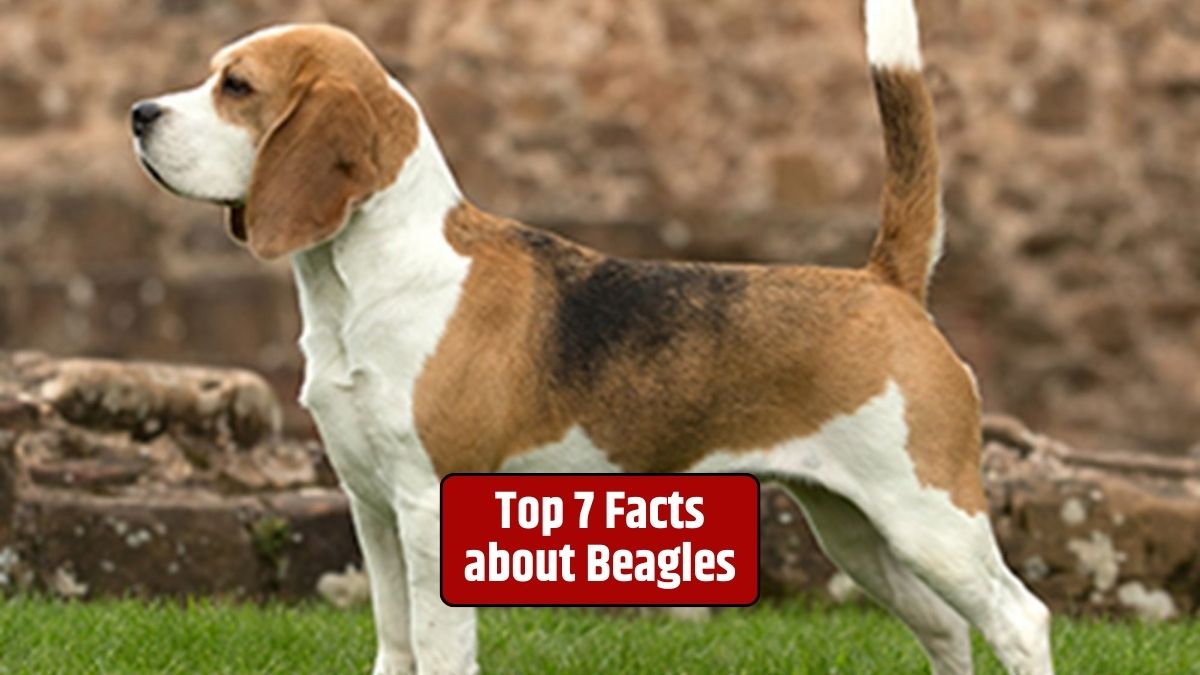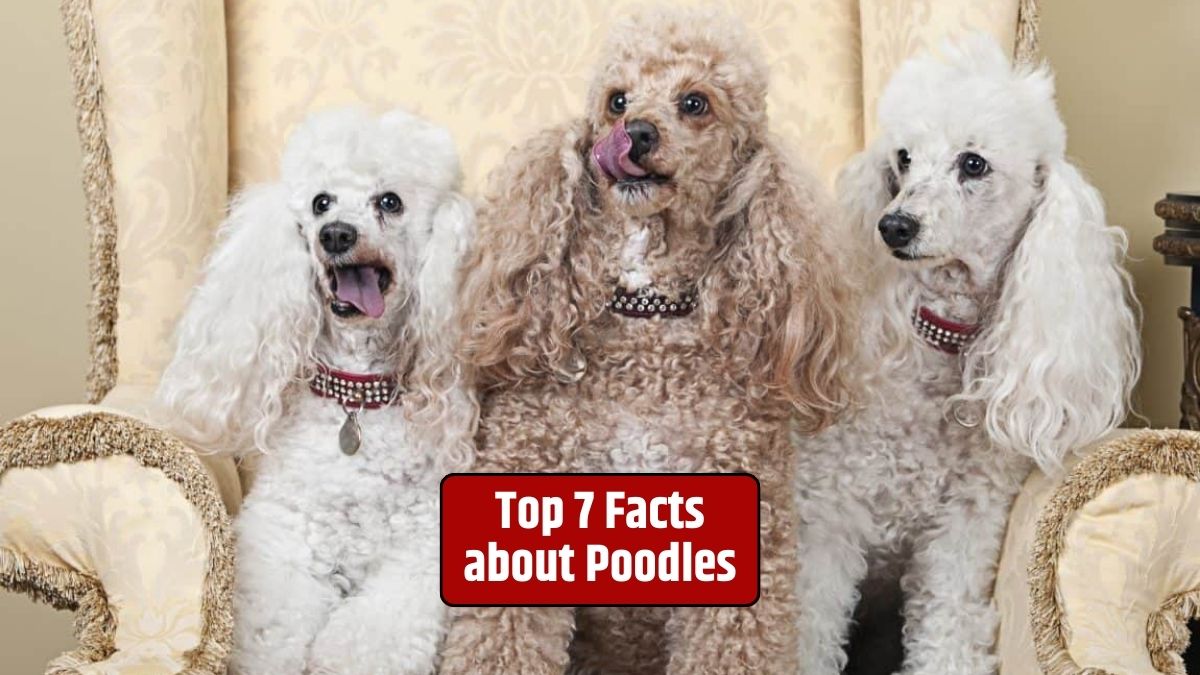It’s not uncommon to catch your dog in the act of licking their paws. While occasional paw licking is normal, excessive or persistent licking can be a cause for concern. Let’s unravel the mysteries behind this behavior.
Cleaning
The most straightforward reason behind paw licking is cleaning and grooming. Dogs are naturally inclined to keep themselves clean, and licking their paws is a way to remove dirt, debris, or any substances they may have stepped on during their outdoor adventures.
Itchy
One of the most common reasons for excessive paw licking is itchiness or skin irritation. Allergies, insect bites, or skin conditions like dermatitis can lead to uncomfortable itching, prompting dogs to lick their paws excessively in an attempt to soothe the discomfort.
Anxiety and Stress
Dogs may resort to paw licking as a form of self-soothing when they’re feeling anxious or stressed. This behavior can be likened to humans biting their nails or fidgeting when anxious. If you notice increased paw licking during stressful situations, it’s essential to address the underlying anxiety.
Pain or Discomfort
If your dog is experiencing pain or discomfort in their paws, they may lick them to alleviate the pain. Injuries, foreign objects stuck between paw pads, or even arthritis can lead to paw-related discomfort.
Boredom
Sometimes, dogs develop the habit of paw licking out of sheer boredom. If they lack mental and physical stimulation, they may resort to repetitive behaviors like licking their paws. This can become a habit that’s challenging to break.
Allergies
Allergic reactions to food, environmental allergens, or certain materials can manifest in various ways, including paw licking. Identifying and addressing the underlying allergy is crucial to reduce this behavior.
Yeast Infections
Yeast infections can affect a dog’s paws, leading to discomfort and a strong urge to lick. These infections often have a distinct odor and may require veterinary treatment.
How to Stop
Addressing excessive paw licking depends on the underlying cause. Here are some general tips:
- Consult a Veterinarian: If you suspect pain, allergies, infections, or persistent itching, consult your vet for a thorough examination and diagnosis.
- Provide Distraction: Offer your dog mentally stimulating toys and engage in regular exercise to combat boredom.
- Groom Regularly: Maintain proper grooming routines to prevent dirt and debris buildup on your dog’s paws.
- Use a Cone: In cases of severe licking that may lead to self-injury, your vet may recommend using an Elizabethan collar (cone) to prevent access to the paws temporarily.
- Address Anxiety: If stress or anxiety is the cause, consider behavior modification techniques or consult a professional dog trainer or behaviorist.
- Dietary Adjustments: If allergies are suspected, consult your vet about dietary changes or allergen testing.
- Topical Treatments: For mild skin irritations, your vet may recommend topical treatments to soothe the skin and discourage licking.
Conclusion
While occasional paw licking is a normal canine behavior, excessive or persistent licking should not be ignored. Understanding the underlying reasons and addressing them appropriately is crucial for your dog’s well-being.
If you’re concerned about your dog’s paw licking habits, consult with your veterinarian to determine the cause and develop a tailored plan for a healthier and happier pet.
FAQs
Can paw licking be a sign of a serious health issue?
Yes, excessive paw licking can be a sign of underlying health issues, including allergies, infections, or pain, which should be addressed by a veterinarian.
Are there any home remedies to stop paw licking?
Home remedies may help with mild cases, but it’s essential to identify the underlying cause first. Consult your vet for appropriate guidance.
How can I differentiate between normal paw licking and excessive licking?
Normal paw licking is occasional and brief. Excessive licking is continuous, prolonged, or causes visible skin irritation.
Can anxiety be a reason for paw licking?
Yes, anxiety and stress can lead to excessive paw licking. Addressing the underlying anxiety is crucial to reduce this behavior.
Are there specific breeds more prone to paw licking?
While any breed can exhibit paw licking behavior, some dogs may be more prone to allergies or anxiety, making them more susceptible to excessive licking.






